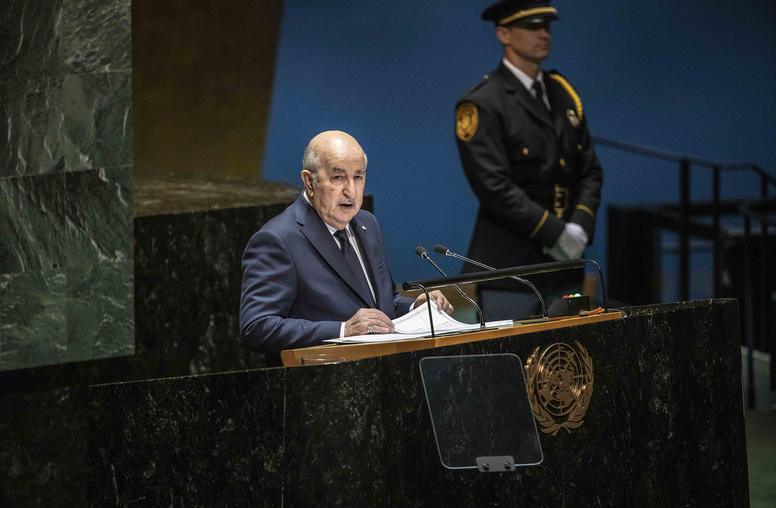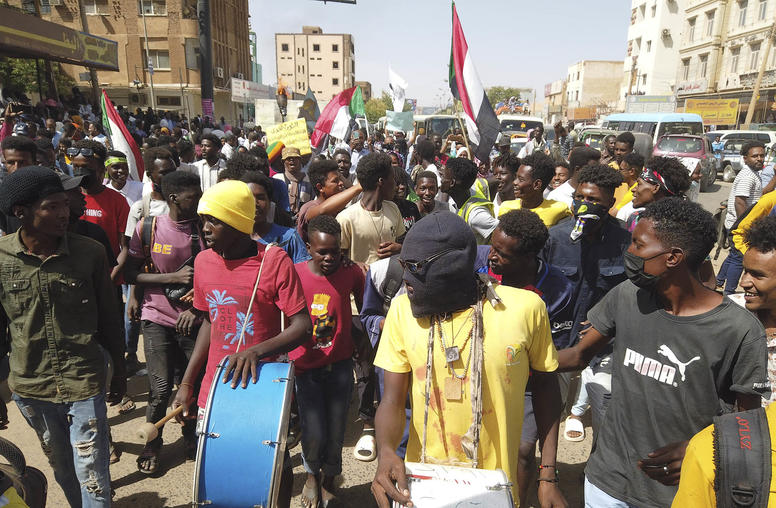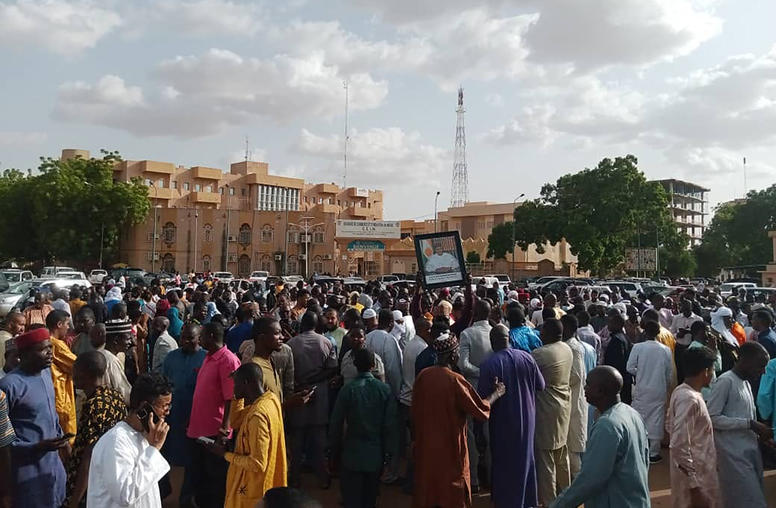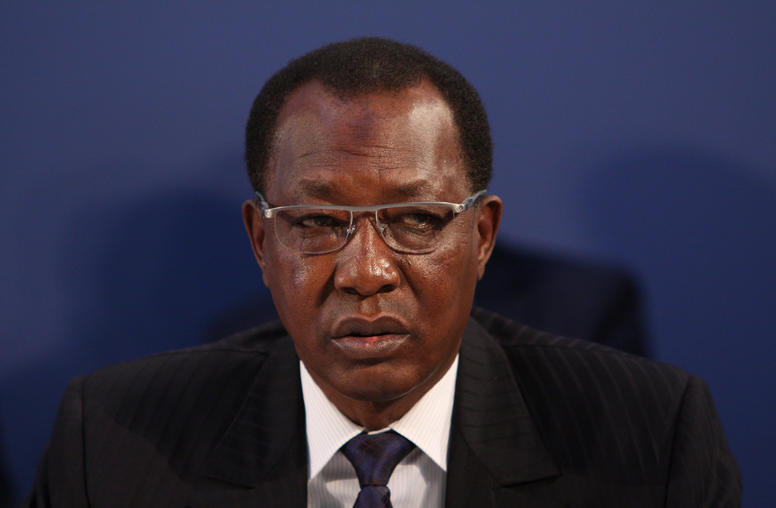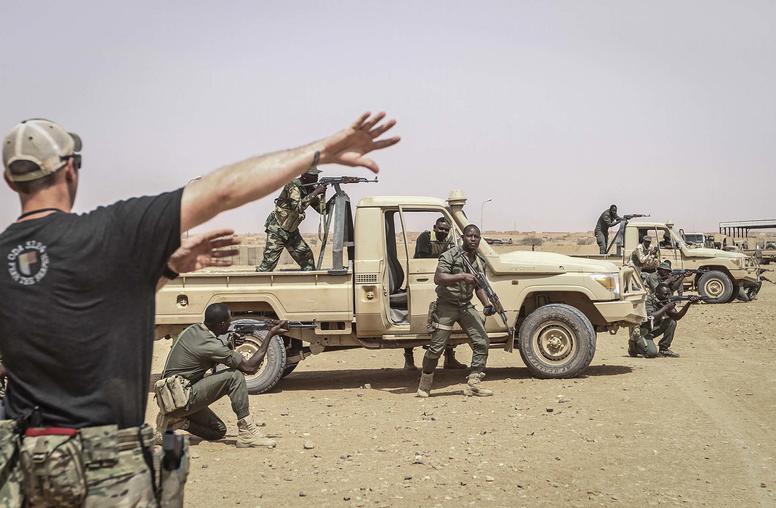Kamissa Camara
Contact
Please submit all media inquiries to interviews@usip.org or call 202.429.3869.
For all other inquiries, please call 202.457.1700
Kamissa Camara is a senior advisor for Africa at the U.S. Institute of Peace. She is a sub-Saharan Africa policy analyst and practitioner with 15 years of professional experience.
She has served as Mali’s minister of foreign affairs, minister of digital economy and planning, and most recently, as chief of staff to the president of Mali. Previous to that, she served as senior foreign policy advisor to the president.
Prior to working with the Malian government, Camara held leadership positions in Washington, D.C. with the International Foundation for Electoral Systems, the National Endowment for Democracy (NED) and PartnersGlobal. At NED, Camara co-founded and co-chaired the Sahel Strategy Forum. She also spearheaded a multi-million-dollar program supporting civil society initiatives in West and Central Africa, with a particular focus on the Sahel.
From 2015 until 2018, she was the Sahel and sub-Saharan Africa instructor at the State Department’s Foreign Service Institute where she trained U.S. diplomats before their postings in the region.
A well-published political commentator and television pundit, Camara has been featured, heard, and seen on CNN, Aljazeera, Voice of America, The Washington Post, France24, and RFI, among others. Camara holds a master’s in international economics and development from Université Grenoble Alpes and a bachelor’s in international relations from Université de Paris.
